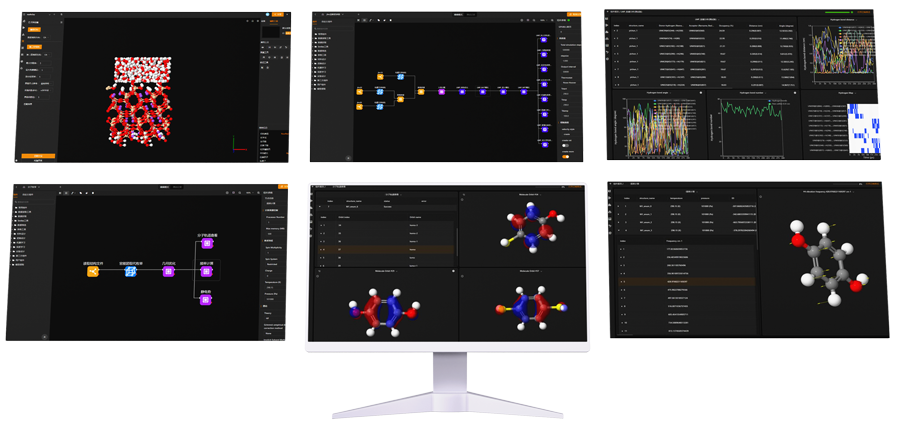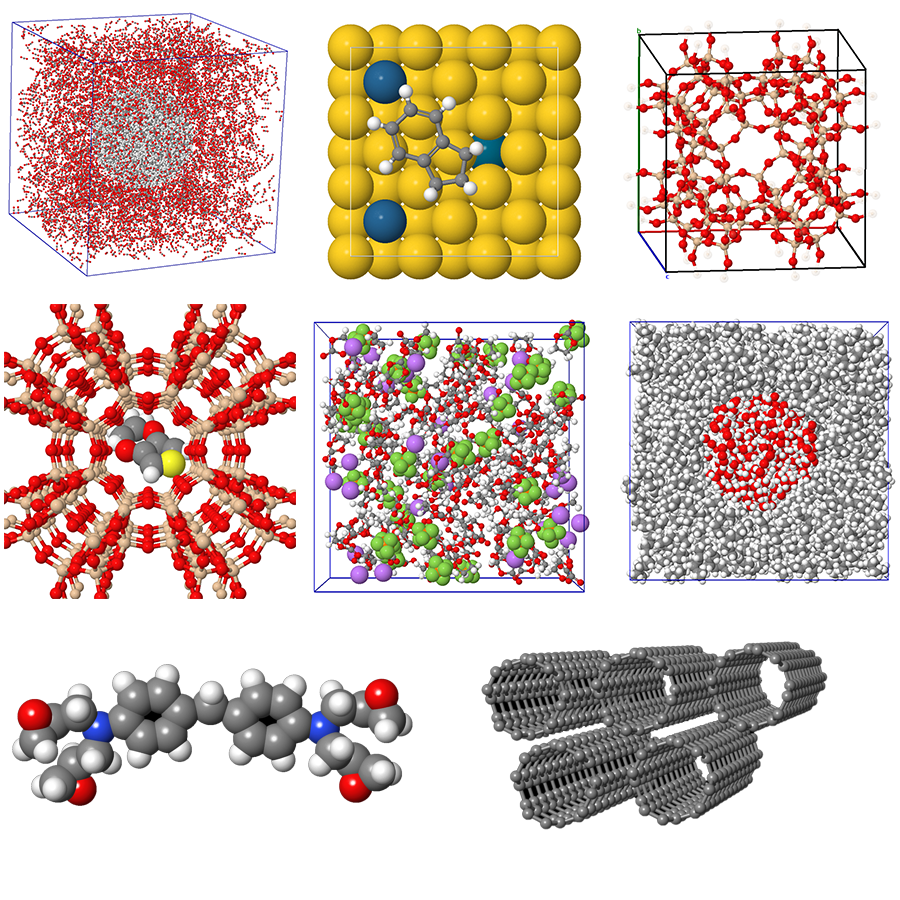Did you know that over 80% of new drug candidates fail during clinical trials? One major reason for this is our limited understanding of protein behavior. Enter molecular dynamics (MD) simulations, a game-changing tool that helps scientists visualize how proteins move and interact at an atomic level!
Diving into MD Simulations of Proteins
So, what exactly are md simulations of proteins? In simple terms, they’re computer-based models that simulate the physical movements of atoms and molecules in proteins over time. This technology not only enhances our understanding but also raises some interesting legal questions. As we explore public policy and regulation around these simulations, it becomes clear that there’s a need to balance innovation with ethical considerations—especially when it comes to data privacy and intellectual property rights.
The ADC Registration System: A Regulatory Framework for Innovation

The ADC (Advanced Drug Candidate) Registration system plays a crucial role in regulating the use of MD simulations within pharmaceutical development. It ensures that any simulation used in drug discovery adheres to strict guidelines designed to protect both researchers and patients alike. The system mandates transparency about methodologies employed in these simulations while ensuring compliance with safety standards set by regulatory bodies like the FDA or EMA.
Find more about ADC Registration system.
Neotrident’s Role in Public Policy and Regulation
When discussing Neotrident—a platform dedicated to advancing computational biology—we can highlight several key features regarding its approach to public policy and regulation:
- Data Integrity: Neotrident emphasizes maintaining high standards for data accuracy which is essential for regulatory approval processes.
- User Privacy: They implement robust measures protecting user data from unauthorized access, aligning with GDPR regulations.
- Collaboration with Regulators: Neotrident actively engages with policymakers to ensure their practices meet evolving regulatory requirements.
- Sustainability Practices: They advocate for environmentally sustainable research methods as part of their commitment to responsible science.
- Evolving Standards: By staying ahead on technological advancements, Neotrident contributes valuable insights into shaping future regulations surrounding MD simulations.
A Final Word on MD Simulations’ Legal Implications
The landscape surrounding md simulations of proteins is complex yet fascinating! As we navigate through public policy and regulation aspects, it’s evident that while these tools hold immense potential for scientific advancement, they must be governed wisely. Balancing innovation against ethical concerns will pave the way forward—not just for researchers but also for society as a whole!

